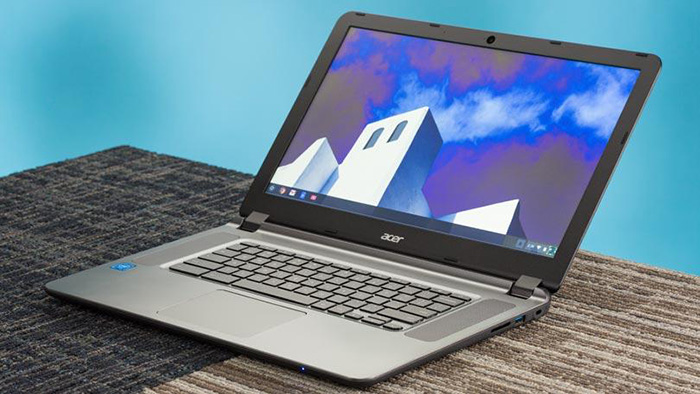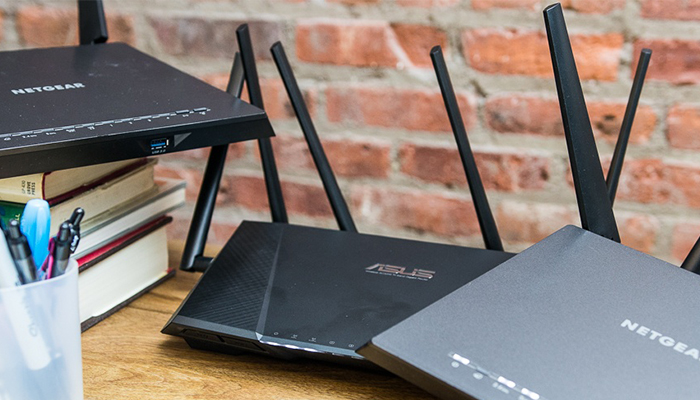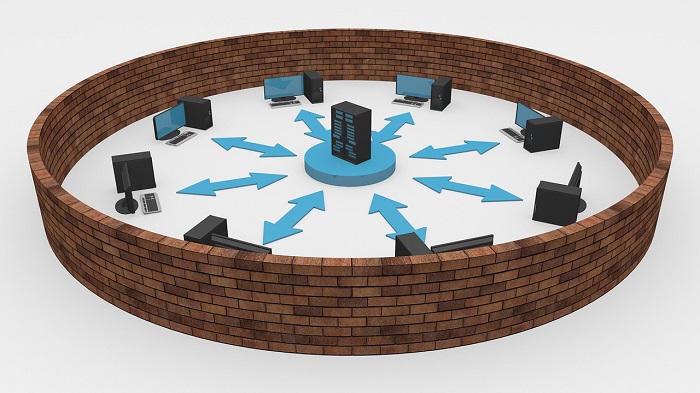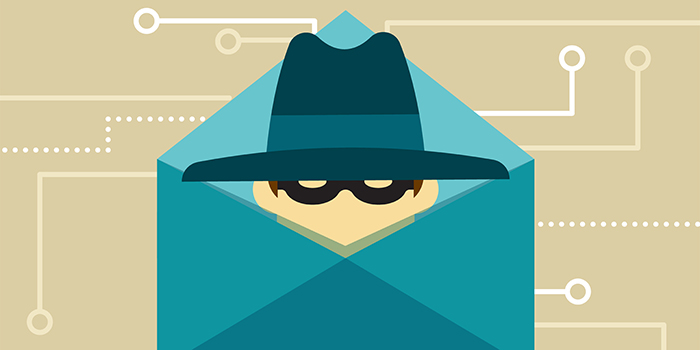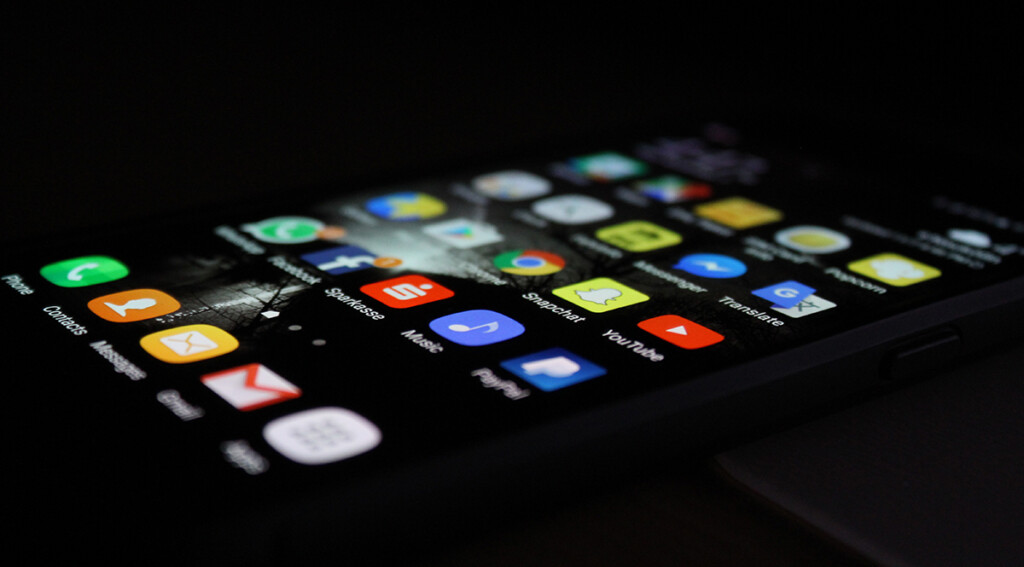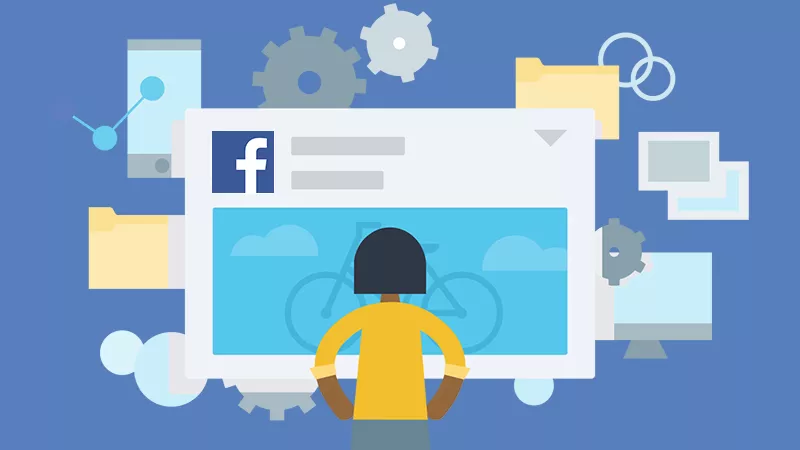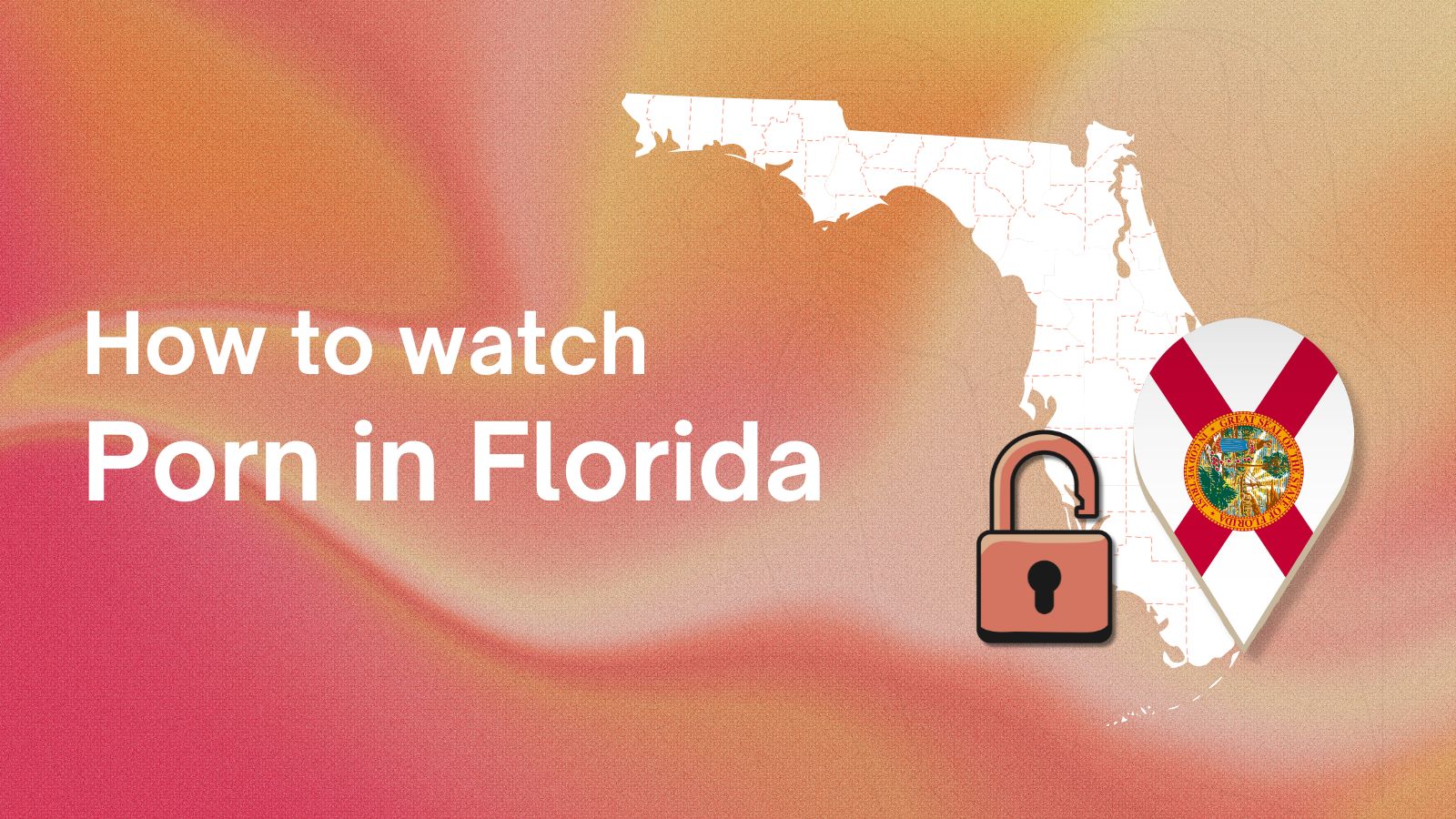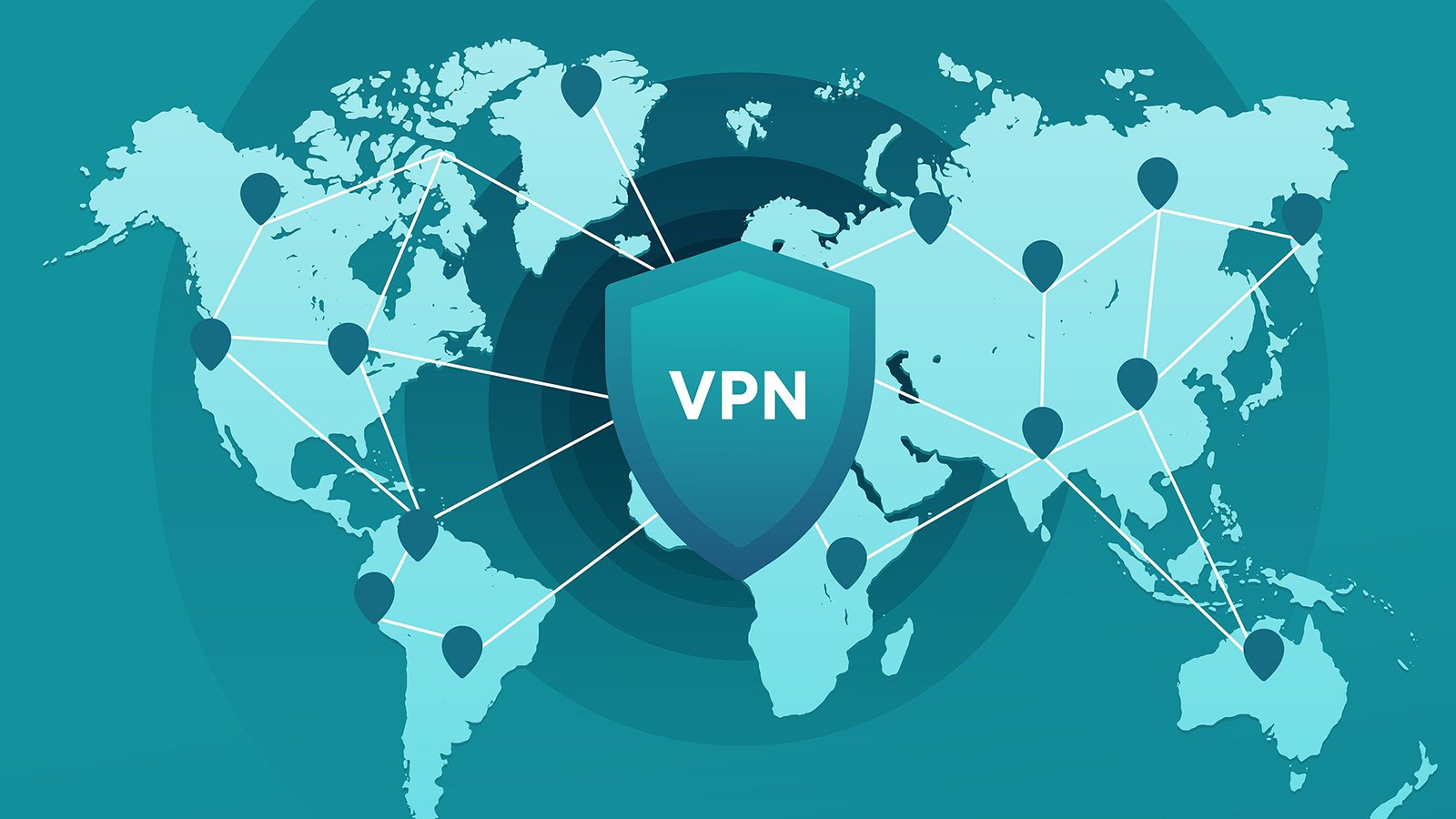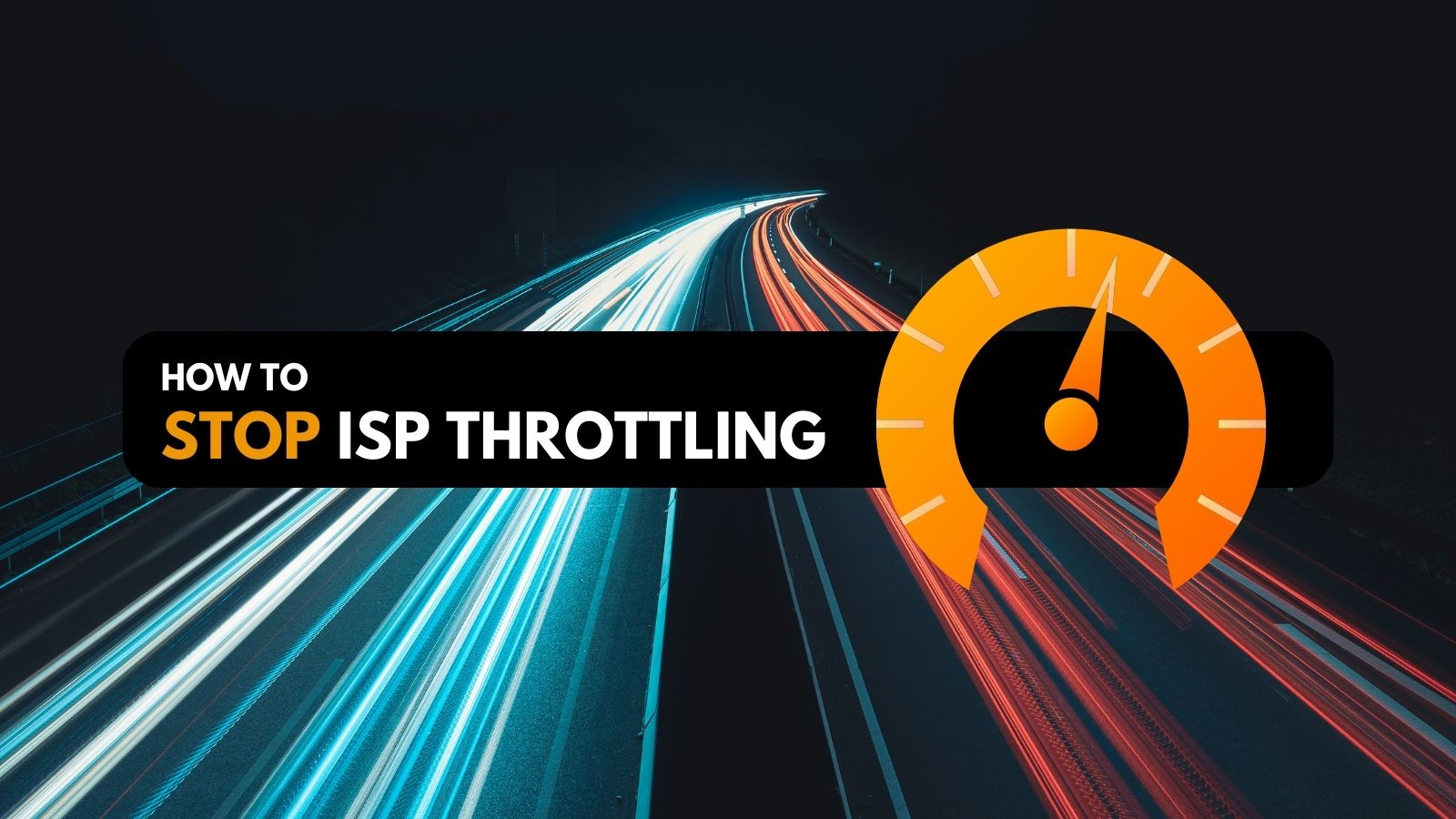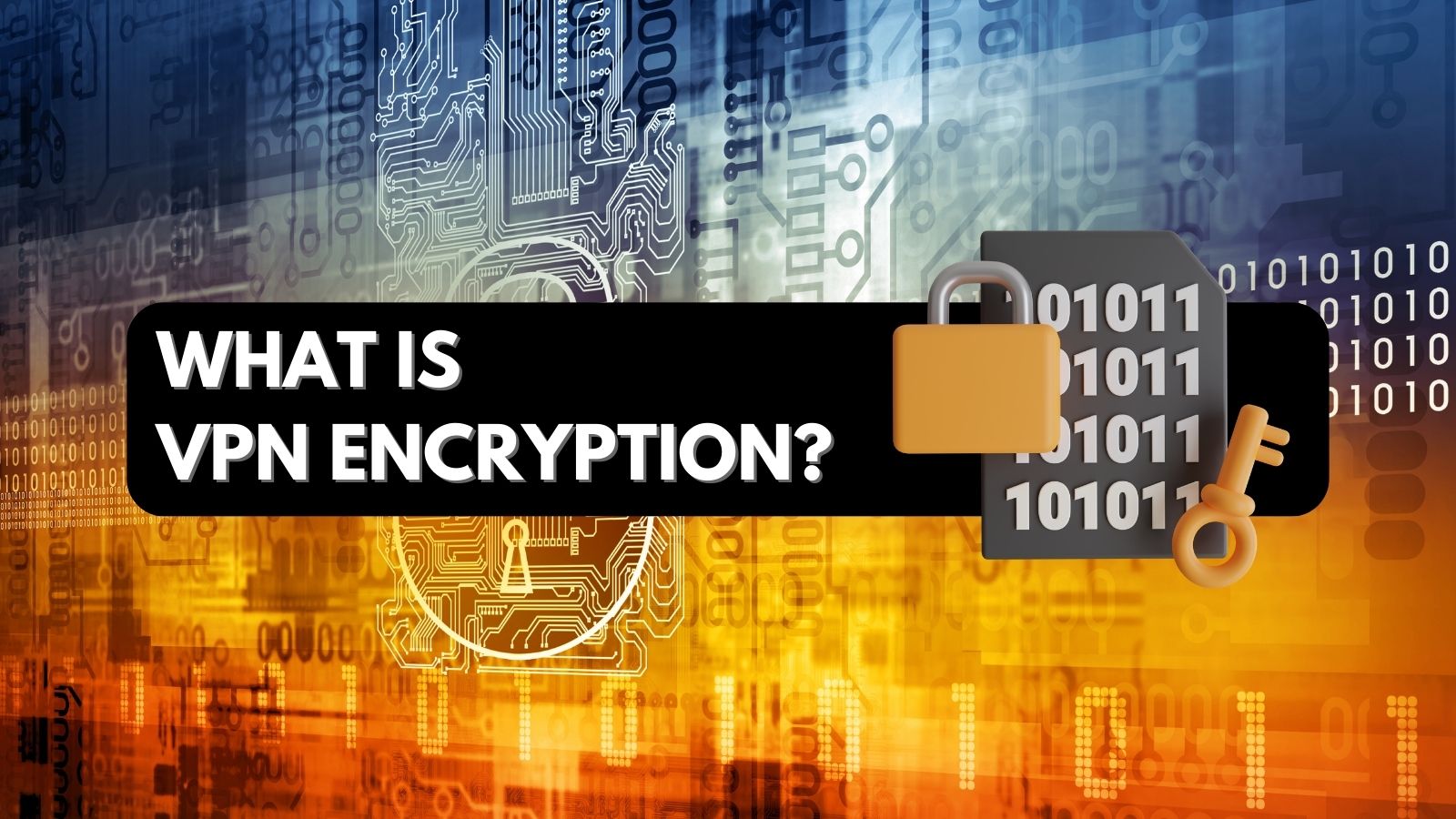
How to Stay Anonymous Online – 15 Steps To Your Complete Digital Freedom!
Many of us imagine the Web as a place where free speech is guaranteed. Sadly, this isn't the case. We are being snooped on around every corner and plenty of our personal information is being collected. It seems like Internet users are becoming more aware of this since we can see a spike in VPN usage. Also, this is the reason why you're reading this article on how to stay anonymous online. So, here's what you need to know.
In this article, we will provide a series of actions you do to preserve your online anonymity. This ranges from using advanced settings of your Web browser, up to using specialized tools that prevent data leaks. Don't worry, all of the following options are available for average computer users - without advanced technical knowledge.
How to Stay Anonymous Online: 15 Steps to Take!
Being anonymous online is not a case of being totally anonymous or being completely exposed. It depends on who you are trying to hide your identity from and how much it matters that they know who you are. You also don’t have to anonymize everything you do on the internet. It depends on what aspects of your life you really feel should be kept to yourself, or what your principles on matters of privacy are.
Total anonymity requires Herculean efforts, but getting anonymity where it matters or just a much stronger level of identity protection overall is something you can achieve with moderate effort and mindfulness. Here, we present to you some effective ways to protect your identity online that range from the easy to the totally paranoid. Choose the ones that best fit your personal needs.
1. Use Private Browsing Modes
The first trick that any citizen of the Web should learn is the use of private browsing modes in your web browser. In Google Chrome, for example, it’s called Incognito mode, but in other browsers, it may be called Private browsing or something similar.
It’s important to understand that private browsing modes are actually not very private at all. They are, however, very useful for controlling the types of information stored on your local machine. It prevents your browser from logging your browsing history and doesn’t add anything to automatic forms. It also stops websites from storing cookies, which is information that websites store on your computer so that they can use it later when you visit again. Just recently, we had a case of an online app using cookies to leak private data.
The main reason you’d want to use a private browsing mode is to avoid having locally stored cookies on your computer. It’s also a good way to see what websites would look like without access to your personal info.
2. Use a (Non-Logging) VPN
A Virtual Private Network is a type of network technology that encrypts and masks the information that flows to and from your home network so that no one else can tell what you’re doing on the internet. With a properly set up VPN, you can make it almost impossible for anyone to intercept and monitor your information.
Not just any VPN will do either if you really want to have anonymity. You see, although no one else can access your information, the VPN service you use can still see everywhere you go and everything you do. Which means that if the government of their home country orders them to surrender that information, your private data will be handed over. Therefore, it’s a good idea to choose a suitable VPN that’s situated in a country with strong personal privacy laws and a 'no-logging' policy. All that means is that although they can see what you’re doing through the VPN connection, they won’t keep records of it.
You can cover all your home internet devices by setting the VPN up on your router (where possible) or do it on a per-device basis. You can even install it on your phone or tablet to protect you when away from home.
3. Secure Your Router
Your router is the gateway into and out of your home network. It’s the IP address of the router that the outside world normally sees, not the individual devices that connect to it. If someone gets access to your router from the outside, they can wreak all sorts of havoc on you.
The good news is that just paying attention to some basic settings can help keep your router safe and prevent people probing the Internet for a vulnerable IP address from getting into your systems. This includes changing the default username and password for your router. It’s insane how many people don’t change their password from “admin” to something else. It also provides a second layer of security, since if someone manages to crack your local Wi-Fi password, they still wouldn’t immediately get into the router itself. There’s an extensive list of things you can do to make sure your router protects your identity and data. Be sure to give them careful consideration. It's also wise to invest in a capable router, in the first place.
4. Take Advantage of The Tor Browser
'Tor' is a lot of things, but the first thing worth knowing is that it is short for 'the onion router.' Tor is actually a worldwide network of nodes and servers that provide a way for anyone to anonymize their data.
Unlike a VPN, this is not a point-to-point tunnel, but a multi-layer community-supported network that bounces your data around and around until no one looking in from the outside can tell what comes from who. There’s no way at the moment for someone to trace data sent through the Tor network back to its source.
You can set up a Tor router so that all your Internet traffic is protected, but to be honest it’s a pretty technical and involved process. Unless everything you do on the Internet requires a high level of privacy that Tor offers, it’s much easier to use the Tor Browser.
Everything you do through the Tor browser is protected by the Tor network, although there are still some things you need to take care not to do. The Tor browser is a great solution for keeping you anonymous when you need to access certain places or services that your government or other parties might not like. Unless everything you do falls into that category you shouldn’t try to run everything through Tor because it’s a) slower and b) going to slow it down for everyone else. It’s an amazing tool, but not a total solution.
5. Activate and Secure Your Firewall
A firewall is a piece of hardware or software that inspects every piece of information that passes through your home network to the outside world. The firewall has a set of rules on what should or should not be let through. By default, for example, an Internet router’s built-in firewall is set to reject external connections. This means that someone trying to access your router and take control of it will hit a solid brick wall.
You should check that your router’s hardware firewall is activated and running properly. Review what sort of exceptions have been approved for it and make sure there aren’t unnecessary holes in it.
6. Read Those Privacy Policies
The worst sort of violations of your anonymity is those that you voluntarily commit to yourself. We’ve all been lulled into the complacent habit of just clicking 'Agree' when we’re told that a privacy policy has been updated or even when it’s shown to us for the first time.
If you really are serious about your anonymity and overall privacy, you owe it to yourself to read through those privacy policies so that you know exactly what you are permitting a given company to do with your information.
Some policies allow you to selectively say yes or no to certain things. Try to get away with the minimum number of concessions. If there really is something in a product or service’s privacy policy that you don’t feel comfortable with, then it’s better to walk away from it. Don’t underestimate how valuable your anonymity really is.
7. Keep a Handle on Malware
It can happen to the best of us; You visit a site that’s not savory or you connect to a public network without the right security in place. Without even knowing it, your computer can come under the control of outside elements such as criminals or intelligence agencies. This 'malware' can make your computer rat you out to whoever owns it. The malware will watch your screen, record your keystrokes and then send all that juicy info back home.
So be sure to have good anti-malware software, such as Malwarebytes, installed on your devices. Ensuring that you don’t give away everything you have without being aware of it. Also, let's not forget about antivirus applications. These are very useful in keeping away potentially dangerous files and actively shielding you from malware. Here are the best free antivirus apps for 2018.
8. Install Remote Wiping Software
We store so much intimate, personal and valuable information on our smartphones. It may be an expensive device, but if you think about how much the information on it is worth, it may very well be the most valuable thing that you own.
We take our smartphones with us wherever we go and millions of them get stolen each year. If someone can get past your phone’s lock they’ll have access to your whole life. It’s a scary thought and far more disastrous than having your wallet or passport stolen.
So it’s a good idea to set up a way to nuke your phone’s data permanently, such as Cerberus or even your phone’s built-in anti-theft systems. For example, some phones now let you set a maximum number of tries at a passcode before totally wiping the phone.
9. Audit Your Apps and Their Permissions
We all have smartphones now and they tend to get filled up with apps that we try out and then forgot about. Not only that but when we’re loading up a new app, how many of us stop to think about whether that funny meme app really needs access to our contacts, phone, and microphone?
It doesn’t matter that you’ve got a secure browser and a secure Internet connection when you approve just any application to run in the background and watch what you do. So, access your application permissions and make sure that apps only have access to resources on your phone that makes sense for their intended function or what you actually use them for.
It’s also a good idea to delete any applications that you don’t use anymore. Also, when apps update and they ask you to approve additional permissions, take the time to think about whether you really trust that application with those permissions. Your smartphone can be used to spy on you and figure out who you are and what you’re doing. In fact, personal data sharing is so built into smartphone operating systems that if you really want maximum anonymity, then your only real option would be to ditch smartphones altogether.
10. Spy On Yourself
How do you know what your browser is reporting about you to the sites you visit? Are your privacy measures really working? There are tools on the Web that will let you see what other people on the Net see if you visit them. It’s a good way to make sure that your VPN is working properly and that you aren’t showing your real IP or country of origin.
Mybrowserinfo.com is a quick and easy checkup tool you can do whenever you want to make sure everything is working correctly. It’s hosted by the Speednet guys and you should bookmark it. Once you have your IP address from that site, copy and paste it into the search bar over at browserleaks.com. This will show you much more detail associated with your IP address.
Finally the EFF or Electronic Freedom Frontier has a great tool called Panopticlick, which will run a number of tests on your browser and report how it’s allowing you to be tracked. The EFF also offers a browser plugin to address most of these issues.
11. Use Burner Emails to Protect Your Identity
Everyone wants your email address these days. You can’t comment on things, download them or subscribe to things without apparently signing away your right to be left alone. Which is why burner email accounts are so useful.
Do you want to say something without the fear of it being traced back to you? Burner emails are perfect for this. Whether you just want to leave a comment or want to be some sort of whistleblower, a burner account lets you get the information out there without anyone being able to figure out the origin of the message. Just don’t use burner accounts to sign up to things that will give other people access to accounts. Since many burner accounts have mailboxes anyone can view if they guess the address name you choose correctly.
12. Use a Secure OS with a Virtual Machine
Your Web browser isn’t the only thing on your computer that talks to the Web about you. All the software that you install on your computer and even your own operating system can tattle to their creators about you in ways you can’t even see. One of the biggest criticisms of Windows 10, for example, is that it contains software components that are essentially spyware.
The hardware reports from your operating system alone can be used to determine if a specific computer was the one to access a Web-resource and software on your computer can report things like hard drive serial numbers to whoever is asking.
So why use a real computer at all? Virtual machines are emulated computers that don’t have any real hardware. The operating system and browser that run on a virtual machine can only report the fake hardware. Once that virtual machine is deleted, there’s no record that it ever existed. Sure, it’s possible to tell that it’s a virtual machine, but that’s not a useful piece of information to people who want to figure things out about you.
The best approach with a virtual machine like this is to load it with a specially secured operating system. Examples of these specially secured operating systems include Whonix and Qubes OS, although there are plenty of others. Heck, Qubes even has an endorsement from Edward Snowden himself.
13. Use Cryptocurrency
One of the easiest ways in which to trace things back to you is via financial transactions. Every time you draw money at an ATM, make an online credit card purchase or do a bank transfer, it’s noted somewhere in a database that people with the right authority can ask for.
This is especially problematic when you have to pay for the very tools you want to use to keep yourself private. These days many companies will let you buy VPN services with Bitcoin or other cryptocurrencies. It means you don’t have to use your real name when signing up for any of their services since Bitcoin transactions are anonymous.
Cryptocurrencies are becoming more popular than ever and you can even pay for stuff at some physical stores with it now. As more places begin to accept Bitcoin, you can begin erasing the paper trail that electronic financial systems leave. Since Bitcoin has no central bank behind it and is self-regulating, you can rest assured no one will know who you are based on your payments.
14. Avoid Social Media and Cloud Storage
There’s a saying that if you aren’t paying for something, then you are the product. Nowhere is this truer than social media like Facebook and Twitter. We get to use these services for 'free,' but fork over all the most intimate details of our lives to a company somewhere out there in the world.
Social media make money selling 'anonymized' user information and of course advertisements that are customized for you. Social media has become such an integral part of the Internet experience that it can feel impossible to let go of it. If you can’t go cold turkey, then at least make sure you’ve optimized your privacy settings.
You have to think hard about whether the value that social media brings to your life is worth the compromises you have to make when it comes to your anonymity. Remember, your social media information can come back to haunt you and even cost you your job.
You might also want to think twice about what you store on cloud platforms such as Google Docs, OneDrive or Dropbox. Although those companies have decent privacy policies, the fact of the matter is that they have full access to the content of your documents in principle. It’s not encrypted from their eyes. In fact, that’s how they can index the content quickly. If you can’t just dump cloud services, then be careful about the sorts of information you upload in the first place.
15. Know Your Right to be Forgotten
Being anonymous online isn’t just about becoming anonymous. Sometimes it’s about regaining your anonymity. If you live in the European Union, or your data lives there, you now have the 'right to be forgotten' and can request that search results that relate to you can be expunged from search engines or that companies that have information on you must delete it.
You can go to a site like Forget.me to easily file a removal request. Depending on the license terms of specific services that you’ve signed up for in the past, you may be in a position to request removal from their database as well. It’s not just a trust issue with the company in question. Think about what happens when a company changes hands or goes out of business. What if something you signed up for years ago ends up being hacked? There are many good reasons to clean up after yourself when it comes to the information you’ve already left on the net.
Final Thoughts
Ultimately, staying anonymous on the Net is not just a matter of using certain tools or doing certain things. It’s also about having the right mindset, which values your identity and puts identity issues first. So, we hope you can to learn how to stay anonymous online.
In case you think others might benefit from reading this article, why not share it online? You can also follow us on Facebook and Twitter - if you want to keep using social media, that is. Thanks!


